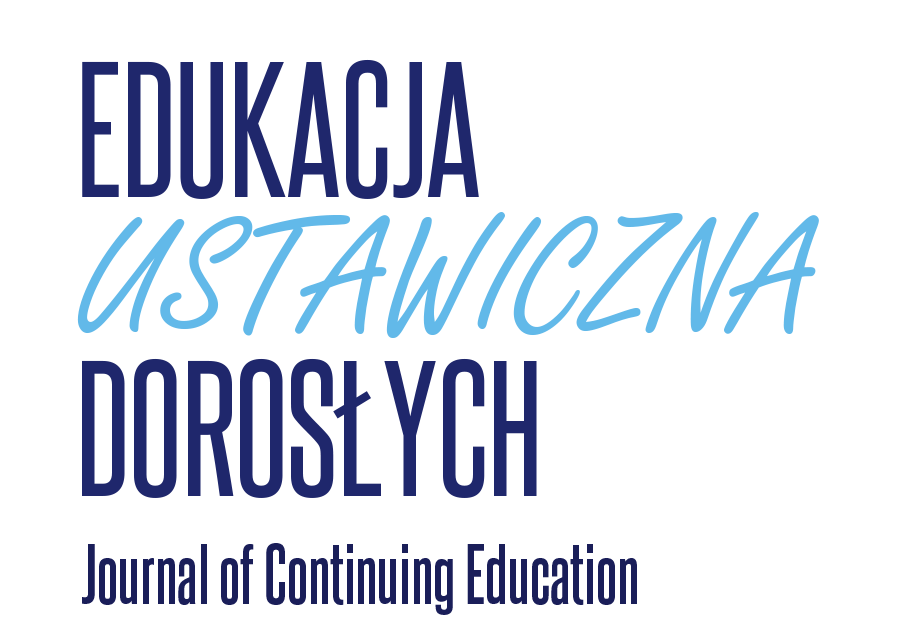Ocena kometencji klinicznych przyszłych lekarzy i pielęgniarek – tradycyjny egzamin kliniczny i OSCE ![]()
Marta SZELIGA, Ilona KUŹMICZ, Agnieszka SKRZYPEK, Michał NOWAKOWSKI
Evaluation of clinical competence of future doctors and nurses – a traditional clinical examination and the Objective Structured Clinical Examination (OSCE)
Słowa kluczowe: egzamin kliniczny, OSCE, ocena kompetencji.
Key words: clinical exam, OSCE, assessment of competence.
Abstract: Introduction. One of the important tasks of universities preparing future doctors and nurses is their reliable verification. For both it is very important to assess students' skills made at the time of direct observation. It is used during the traditional clinical examination (TCE) or standardized exam (OSCE). Aim of the study. Getting to know students' opinions on the TCE and the OSCE and the summary of their advantages and disadvantages. Results. The most frequently indicated advantages of the TCE: you observe the behavior and attitudes of students in real-world – conditions under which one will work in the future and the disadvantages: random tasks of varying difficulty, different conditions and „opportunities” for individual students. Most often mentioned advantages of the OSCE: allows you to check a wide range of skills covering different fields, standardized examination, objective assessment. Its disadvantages: artificial conditions, fewer opportunities to observe students' attitudes, their spontaneous reactions, the high cost of preparing and conducting the examination. Conclusion. Students who were examined in OSCE form often pointed out that the resulting assessment is fair. Both forms of the practical test have a number of advantages and disadvantages, however, OSCE is recommended more often. In Poland there are currently favorable conditions for the implementation of OSCE exam.


